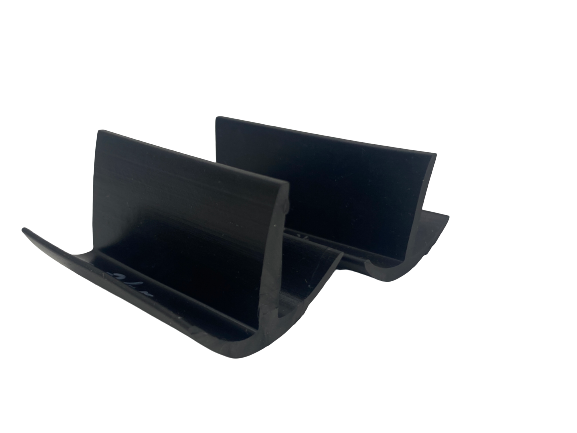Aug . 13, 2024 16:36 Back to list
Understanding the Importance of Car Fuel Tank Gaskets for Optimal Performance and Safety
Understanding the Importance of Car Fuel Tank Gaskets
A vehicle's fuel system is one of the most critical components affecting its performance and safety. At the heart of this system lies the fuel tank, which stores gasoline or diesel until it’s needed by the engine. However, ensuring that the fuel tank operates efficiently requires more than just the tank itself; it also relies heavily on the integrity of the fuel tank gasket.
What is a Fuel Tank Gasket?
A fuel tank gasket is a sealing component that sits between the fuel tank and other adjoining parts, such as the fuel pump or the filler neck. Typically made from rubber, silicone, or other synthetic materials, these gaskets are designed to withstand harsh conditions, including exposure to fuel, varying temperatures, and environmental factors. Their primary function is to prevent fuel leaks by providing a tight seal that keeps the fuel tank secure and intact.
The Role of Fuel Tank Gaskets
Fuel tank gaskets serve several important functions
1. Leak Prevention The most critical role of a fuel tank gasket is to prevent the leakage of fuel. Even a small leak can lead to fuel wastage and create a significant safety hazard, including fire risks and environmental contamination.
2. Vapor Control Modern vehicles are equipped with evaporative emission control systems (EVAP) that minimize fuel vapor emissions. Fuel tank gaskets play a vital role in maintaining the integrity of these systems by ensuring that fuel vapors do not escape into the atmosphere, thereby helping to comply with environmental regulations.
3. Pressure Maintenance Fuel tanks operate under certain pressure conditions, especially in systems utilizing fuel pumps. Properly functioning gaskets help maintain this pressure, ensuring optimal fuel delivery to the engine.
car fuel tank gasket

4. Noise Reduction A well-fitted gasket can also reduce operational noise from the fuel tank, leading to a quieter ride.
Signs of a Failing Fuel Tank Gasket
Like all vehicle components, fuel tank gaskets can wear out over time. Here are some signs that a gasket may be failing
- Fuel Leaks The most obvious sign is a fuel smell or visible fuel puddles under the vehicle, indicating a leak. - Poor Fuel Efficiency If the vehicle is consuming more fuel than usual, it could be due to a faulty gasket allowing fuel to escape. - Check Engine Light Modern vehicles often monitor the integrity of the fuel system. If the fuel tank gasket is compromised, it may trigger the check engine light. - Increased Emissions Failing gaskets can lead to increased emissions as vapors escape from the fuel system.
Maintenance and Replacement
To ensure the longevity of your fuel tank gasket, regular vehicle maintenance is essential. This includes inspections during oil changes or when servicing the fuel system. If a gasket is found to be damaged or worn out, it is crucial to replace it promptly to avoid more significant issues.
Replacement usually involves draining the fuel tank, removing the old gasket, cleaning the surface, and installing a new gasket. While some car owners choose to undertake this task, seeking professional help is advisable, especially for those unfamiliar with car maintenance.
Conclusion
In summary, fuel tank gaskets may not be the most glamorous part of a vehicle, but they play an essential role in the overall functionality and safety of the fuel system. Keeping them in good condition is crucial for optimal vehicle performance, fuel efficiency, and environmental compliance. Regular inspections and timely replacements can go a long way in ensuring that your vehicle remains safe and efficient on the road.




